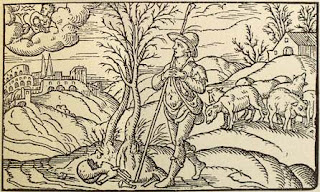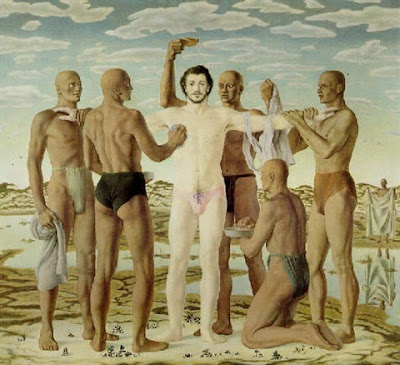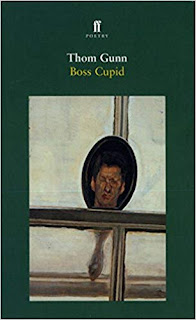Marechera's Love Sonnets. (1)

Marechera wrote the Amelia Sonnets in 1984, after his return to Zimbabwe. In a December interview with Flora Veit-Wild, he offered a biographical background. The muse of the title takes her name from Heine’s letters to Amalie Heine/Friedlander. The poems describe an inter-racial sexual attraction: Black male-White female. Following Burgess’s suggestion in Nothing Like the Sun (1964) that Shakespeare’s “Dark Lady” of the Sonnets was African, Marechera takes Shakespeare as a forerunner of the Amelia Sonnets in terms of inter-racial sexuality. During the discussion with Veit-Wild, Marechera plays-down the importance of the Black-White duality: “for me, personally, it is not a problem. (Cemetery of Mind, p.125). Yet, Marechera was the person who brought the duality into the conversation and linked it to a noted historical precedent. Marechera does not specify the connection between himself and Heine. He merely says that Heine represented a “kind of emotional chaos” and a “mystical…nightmare…terror” element found in love (COM, p.126) and he found this whilst reading about Heine’s life. This passage from Heine seems to be the doppelganger:
“All the madhouses had let loose their lunatics and driven them at my throat. The mad company celebrated its Walpurgis Night in my brain, my chattering teeth provided the dance music, and warm streams of red, red blood gushed from my heart” (Heine in a letter to Heinrich Straube, on losing his beloved.).
The Amelia Sonnets are a dark collection. Though they originate in a specific relationship, according to Marechera, their focus is the universal: the terrorism of love.
“All the madhouses had let loose their lunatics and driven them at my throat. The mad company celebrated its Walpurgis Night in my brain, my chattering teeth provided the dance music, and warm streams of red, red blood gushed from my heart” (Heine in a letter to Heinrich Straube, on losing his beloved.).
The Amelia Sonnets are a dark collection. Though they originate in a specific relationship, according to Marechera, their focus is the universal: the terrorism of love.



Comments